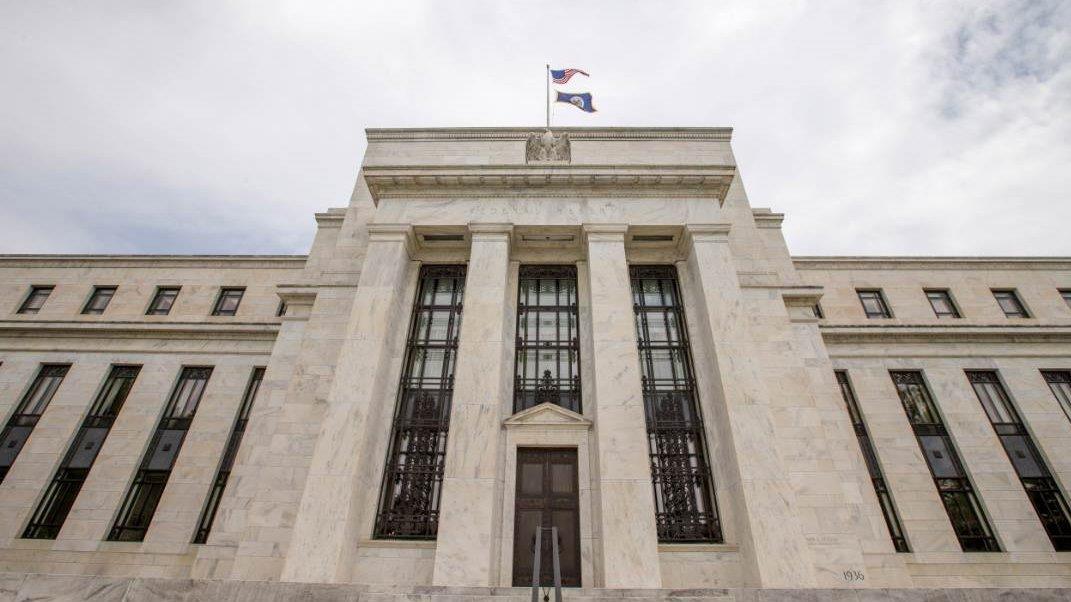Fed's Mester: Gradual is the Watch Word for Rate Hikes
You can ask her about economic forecasts, but don’t pin Cleveland Federal Reserve President Loretta Mester to a number of rate hikes in 2016.
The voting member of the Federal Open Market Committee appeared on the FOX Business Network's Mornings with Maria Friday ahead of the all-important March jobs report to discuss everything from rate hikes to the election’s impact on the U.S. central bank.
The FOMC in December raised interest rates for the first time in nearly a decade, and forecasted it would raise an additional four times before the end of 2016. However, a brutal start to the year put the Fed’s outlook on the back burner, and the central bank has stayed firm on rates ever since. Moreover, Chief Janet Yellen has remained dovish about future rate rises, and has even moved lower the outlook from four rate hikes in 2016 to just two or possibly fewer.
The Fed’s policy setting FOMC meets again at the end of April, and Mester said that’s when she’ll decide how to vote on a possible rate rise. She said she “can’t answer that question yet,” because she hasn’t seen the complete picture of the economy’s health in March.
“I want to see all the data that’s coming in. My best guess at this point is that the economy will evolve in a way that will entail bringing interest rates up gradually sometime this year but when it is and how many, I can’t tell you at this point,” she said.
Mester said the economy, in her view, has been resilient in the face of the global-growth worries that plagued financial markets in the first quarter, the rising dollar, and low oil prices.
“Despite all these drags, and they are downside risks to the outlook, the economy has been very resilient through it. And that makes me think, to me, it’s appropriate that we are on this gradualization path. Gradual is the watch word.”
She continued by reiterating what Yellen has repeatedly said during her public appearances: That by being gradual, the Fed can analyze all of the economic data pouring in on the state of the economy – not just figures on the labor market and inflation – and take its time without worrying about moving too quickly or too slowly on rates.
Mester defended the Fed’s revision on rate forecasts, saying the step back in expectations was not a sea change at the central bank.
“You want the policy path to respond. But remember the FOMC projections isn’t a commitment and it isn’t a promise. It’s basically, this is what policymakers are anticipating at this point in time given the evidence we have,” she said.




















